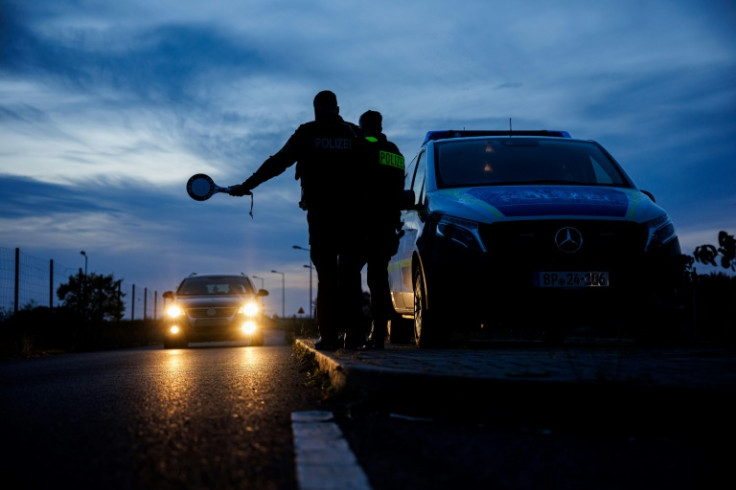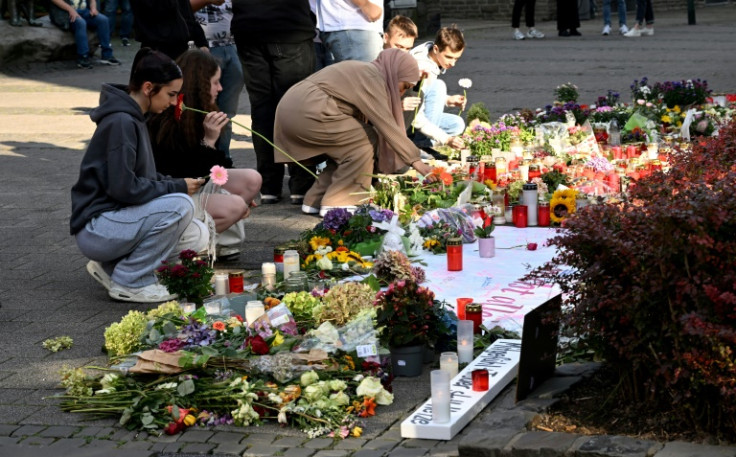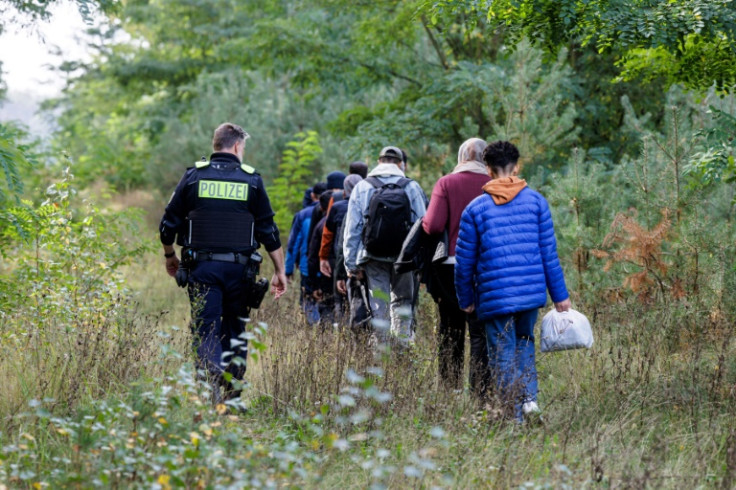
Germany on Monday moved to tighten border controls and curb irregular migrant inflows after a series of suspected Islamist attacks sparked public anger and piled pressure on the government.
Temporary controls would be extended to Germany's land borders with all nine of its neighbours, the interior ministry said in a statement.
The increased controls would limit migration and "protect against the acute dangers posed by Islamist terrorism and serious crime", Interior Minister Nancy Faeser said at a press conference.
Chancellor Olaf Scholz's government has faced rising pressure to curb irregular migrant numbers and crack down on extremists after several suspected Islamist attacks.
Late last month, three people were killed in a knife rampage in the western city of Solingen, in which the Syrian suspect had been slated for deportation but evaded law enforcement.
The attack, claimed by the Islamic State group, came just a week before key regional elections in eastern Germany and inflamed the debate on immigration in the country.
The far-right, anti-immigration Alternative for Germany scored historic successes in the votes in two formerly communist states earlier this month, a little over a year before national elections.
The extended border controls, which will come into force from September 16 for an initial six months, were notified to the European Commission on Monday, the ministry said.
Germany has already had temporary controls in place along its border with Austria since 2015, initially implemented to counter a large influx of migrants.
Temporary controls along the borders with Poland, the Czech Republic and Switzerland were introduced last year as concerns over migration grew again.
The controls would now be extended to Germany's other land borders, with France, Luxembourg, Belgium, the Netherlands and Denmark, the ministry said.
The government has sought a response to the alarm caused by the Solingen attack, also announcing tighter knife controls and tougher rules for illegal migrants in Germany.
The government was "doing everything to better protect the people in our country", Faeser said Monday.
As well as extended controls, Germany would expand its options for turning back migrants at the border, Faeser said.
Since controls were introduced along large parts of Germany's eastern border in October last year, around 30,000 people had been refused entry into the country, Faeser said.
Europe's Schengen area, which includes 25 of the 27 EU member states and several other countries, allows free travel between them without border controls.
However, member states can reintroduce controls at certain internal borders in case of exceptional circumstances, and several have done so during the Covid pandemic or after attacks.
The EU agreed a hard-fought overhaul to its asylum and migration laws earlier this year but the rules are only set to come into force in 2026.
"Until we achieve strong protection of the EU's external borders with the new common European asylum system, we must strengthen controls at our national borders," Faeser said.









